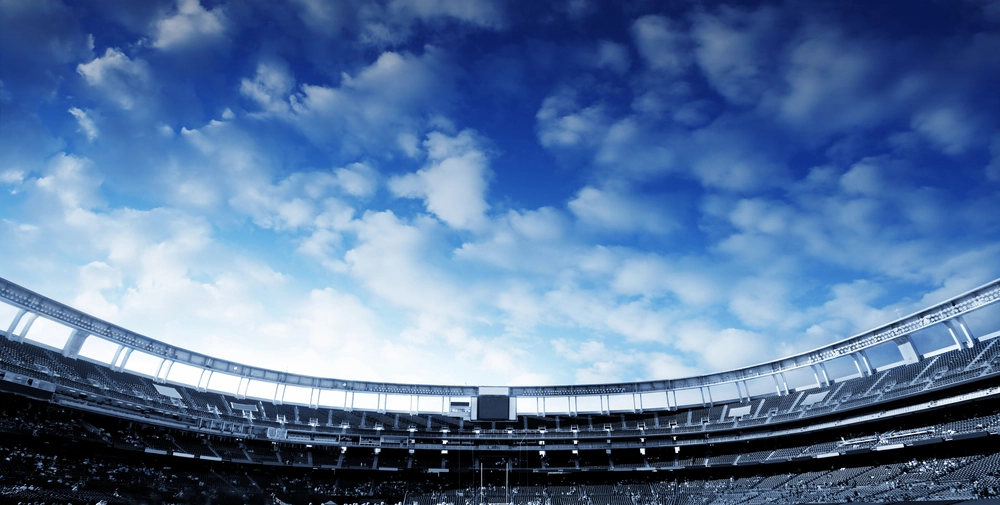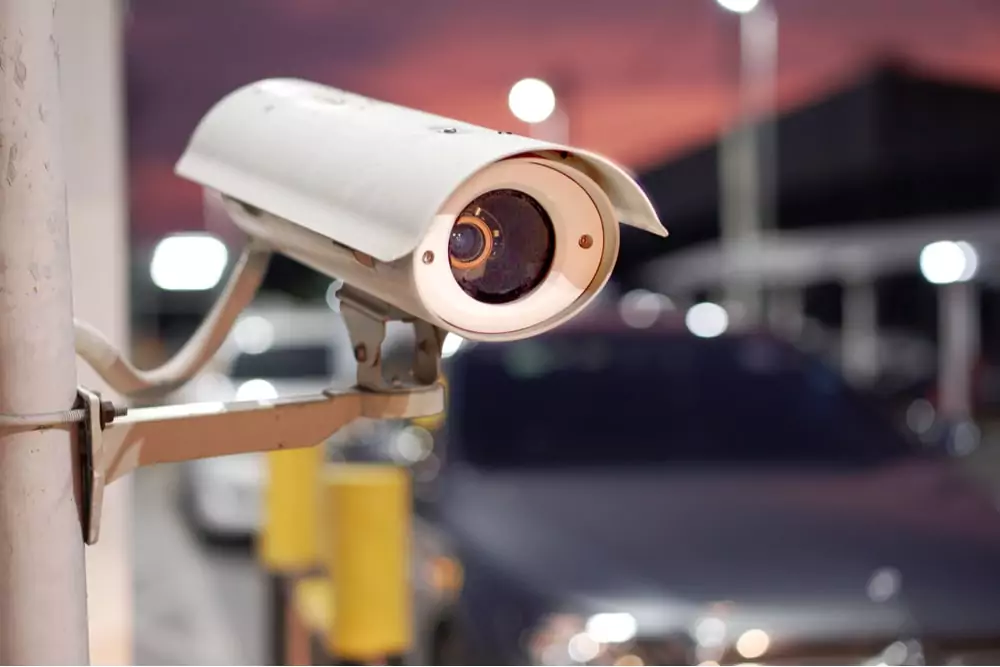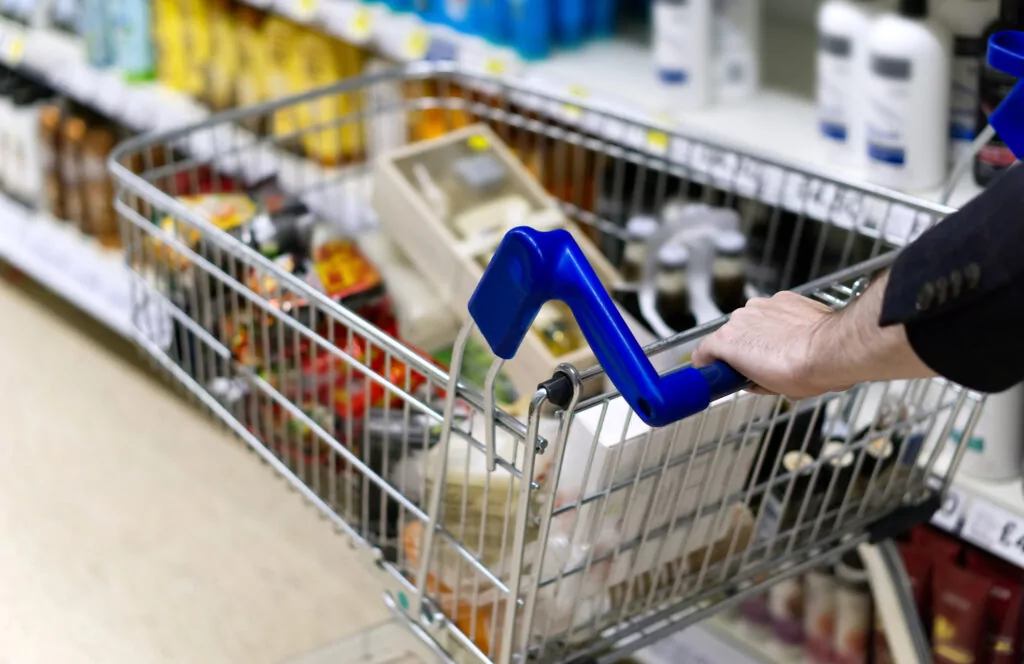
I woke up this morning on day-'I've-lost-count in the Big Brother house' and did my morning scroll through email, WhatsApp, LinkedIn and Twitter. I saw the hashtag #BoycottHalfords gathering momentum and I remembered that I had seen petitions on a similar theme the night before about other retailers.
The hashtag seems to have been motivated by the fact that Halfords was said to be staying open, hot on the heels of the press the day before about Sports Direct/Evans Cycles and the government including bike shops on the list of essential businesses.
In fact, though, as lots of Twitter users were pointing out under the hashtag, the home page of Halfords made clear that its stores had shut (though online orders were still possible) save for the autocentres businesses which were remaining open "to support essential services within our communities". Powerfully, one Twitter user posted a picture of an ambulance being worked on in a Halfords Autocentre saying this is why they are staying open.
The 'right thing'
Yesterday, Taylor Wimpey were trending with positive comment on them 'leading the way' when they announced that they were closing sites, despite the fact that the government had made clear that construction sites can remain open. There are lots of examples recently of businesses and brands doing the right thing and a lot of the time that seems to be because of philanthropic senior leadership or strong cultures: i.e. doing the right thing because it is the right thing.
As examples, I saw on Twitter that Timpsons announced on 22 March that it would be closing all of its stores and keeping people on full pay. I also saw Kurt Geiger on Twitter offering shoes in its warehouses to NHS staff, for free.
What is clear is the current crisis is bringing out the best of people as well as the worst. It is interesting, though, that all of the businesses listed above are balancing the same decisions about cash flow, productivity, a dramatic dip in revenue and costs including staffing and challenges in either a huge drop off in demand, or challenges in getting stock to customers. They're all dealing with safety of their people versus long term survival. However, the outcome of those decisions, reputationally, has been significantly different.
One thing we're all grappling with, I think, is that uncertainty about whether the time in lockdown means that everything has changed, or whether normality will re-establish itself. That has a million different permutations, but we are all rapidly getting used to different delivery models, businesses are delivering previously paid for products for free (particularly digitally) and it is possible consumer expectations may change and the importance of looking after staff is (rightly) right at the top of the list of priorities.
Reputational risk
Just as there is a reputational risk of the public thinking a business is not moving fast enough to protect its people, there's going to be a risk of moving too fast to "get back to normal". Premiership Rugby in the last two days fell foul of that, in suggesting they wanted to be the first sport to get back on TV.
However, there are nuanced and interrelated decisions. The government furlough and employee support scheme is unprecedented: I can't think of anything close in my lifetime, but part of supporting employees is ensuring that the business' lights stay on long term, and above all when it is safe businesses are going to need to reestablish the channels and delivery that make them profitable and secure.
A shift in culture?
I for one hope that the kind, employee-wellbeing focussed decision making we've seen represents a permanent shift in business culture. At the same time human nature is what it is and the impulse to "get back to normal" will be strong. One thing that will be really interesting is how long the consumer public's collective memories will be about brands and their decisions now.
How far do those saying I'll never go to Wetherspoons again on social media today (a) actually go anyway and (b) mean it.
As another example, it wasn't so long ago that Yorkshire Tea took a social media pasting because Rishi Sunak was pictured next to a bag of it. The same Rishi Sunak was widely praised on social media for his performance in last Friday's press conference about the support for businesses and employees in the current crisis.
Putting reputation at the heart of decision making
Certainly, what these hashtags and incidents do show is that there isn't a lot of time for nuance in the public debate about businesses' decisions in the midst of a public health crisis and that the court of public opinion is swift to judge where decisions are made that it does and does not approve of. Because of that, reputation needs to be right in the middle of decision making now, to best position a business for when consumer demand re-establishes itself.
That's ever been so, in some senses, but what seems to be a force for good is that business reputation and doing the right thing are more aligned than I can ever remember. Our advice is make brand and reputation part of the top level strategic decision making, because the risk in not doing so is that you make costly impact on long term consumer demand.
If you have any queries and would like to get in touch with us, a coordinated team of experts are leading our support and can be contacted collectively using our dedicated inbox: [email protected].












